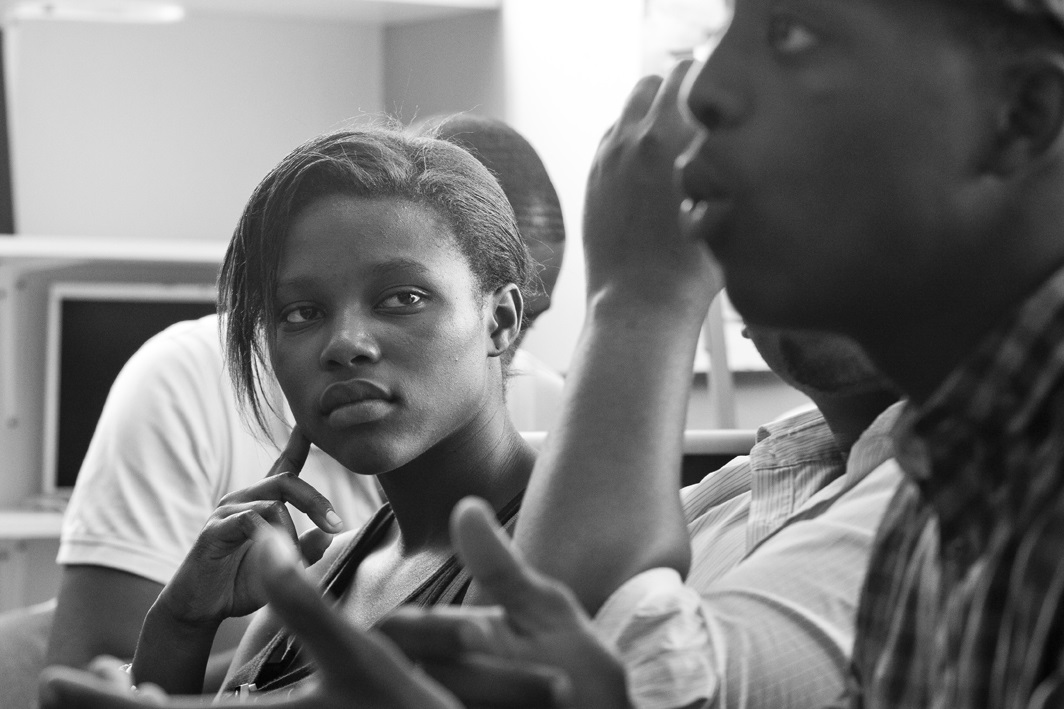- About
- Topics
- Picks
- Audio
- Story
- In-Depth
- Opinion
- News
- Donate
- Signup for our newsletterOur Editors' Best Picks.Send
Read, Debate: Engage.
| topic: | Freedom of Expression |
|---|---|
| located: | Democratic Republic of the Congo, South Sudan, Central African Republic, Rwanda |
| editor: | Bob Koigi |
For more than a century, radio has positioned itself as a medium of free speech and a grassroots avenue that has connected underserved communities while giving them a voice. The humble and resilient mode of communication attracts a weekly listenership of over 85 per cent of the adult population in developing countries, with close to 3 billion people globally listening to it weekly.
And even with the proliferation of new media occasioned by the internet boom, radio remains king in providing a vast population with information across sectors that matter to them, spanning education, politics, health and development.
It is primarily embraced by rural communities, where inadequate infrastructure, low levels of literacy, and poverty are prevalent.
Radio has been an agent of peace in conflict-stricken areas. It has been used to bring warring factions together to a truce. The United Nations peacekeeping radios, for example, have been pivotal in bolstering peacebuilding efforts by ensuring citizens in war zones have access to credible sources of information.
From Radio Okapi in DR Congo, Guira FM in Central African Republic, and Radio Miraya in South Sudan, the audio platform has equally provided communities with life-saving information on safety and security, political and peace updates, and women and youth empowerment.
A perception survey conducted in South Sudan indicated that over 80 per cent of people received news on the radio as opposed to 4 per cent who accessed it online.
It has equally been a potent agent of development and empowerment, providing underserved communities with information that would have traditionally been hard to come by.
Up to 70 per cent of food in Africa is produced by smallholder farmers; this group grapples with numerous threats, such as pests and diseases, market distortions and climate change. There is limited information for food producers on how to tackle these threats.
Farm Radio International, a development organisation, has been working with over 1200 broadcasting partners in 38 countries to reach tens of millions of farmers in Africa’s hinterlands with easy-to-consume content on improving farm productivity, warding off pests and finding the right markets. Farmers can share that information with other farmers, creating a farming revolution.
But radio has also been used to fan violence and hate crimes, as was the case in the 1994 Rwanda genocide and Kenya’s post-poll violence.
As the world marks World Radio Day on 13 February this week, it is necessary to appreciate the journey radio has travelled and its impacts, especially in advancing free speech, tackling conflicts, advancing peace and reconciliation and harnessing development.
However, the gains made over the decades must be jealously guarded and protected to ensure that the medium serves the intended purpose even as it looks at another decade of entertaining, informing and informing.
Image by Anmol Arora.

